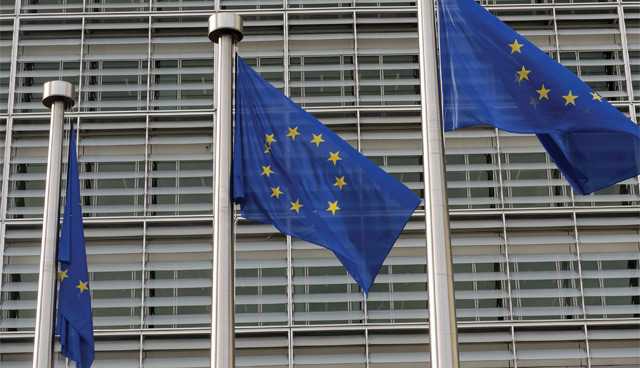EU action plan for the social economy

European Commission President Ursula von der Leyen has moved to develop a European Action Plan for the social economy.
Von der Leyen stated in her mission letter to Commissioner for Jobs and Social Rights, Nicolas Schmit: “You will develop a European Action Plan for the social economy to enhance social innovation”.
The EU has around 2.8 million social economy enterprises, making up over 10 per cent of all businesses. Social enterprises in the EU employ 13.6 million people, which accounts for roughly 8 per cent of the EU’s GDP.
The need for a European Action Plan for the Social Economy has been long-standing and in 2017 the European Commission Expert Group on Social Entrepreneurship (GECES) put an action plan to then President Jean-Claude Juncker for incorporation into the European Commission’s work programme.
The GECES argued that providing an environment for the core values of the social economy and social enterprises to flourish such as democratic governance, social impact, innovation and profit reinvestment, will aid the challenges facing Europe and create a “more socially equitable society in Europe”.
It also outlined four key themes including: increasing visibility, recognition and identity of social enterprises; improving the access to funding; improving the legal environment; and driving international development and growth.
Von der Leyen’s desire to progress in this area where the previous Commission had not is potentially evidenced in Schmidt’s job tittle. Previously the Commissioner for Jobs, the portfolio has adapted to include ‘Social Rights’.
Prior to being officially confirmed in the post, Schmidt outlined as Commissioner-designate his desire to put boosting employment and social rights for all at the centre of his mandate. He confirmed a dedication to implementing the European Pillar of Social Rights and to boosting social rights, adding a pledge to further develop the social economy.
In January, the bid for a strong action plan was supported by the European Parliament approving the Social Economy Intergroup in its list of parliamentary intergroups for the next term. The move was welcomed by the social enterprise sector as a positive signal that the EU will support the social and solidarity economy.
Commissioner Schmidt has previously highlighted the role he believes the social economy can play to contribute to the ecological transition, create quality jobs and reduce inequalities, including in EU key initiatives such as the Greed Deal and the European Pillar of Social Rights.
“The social economy has got to play a central role in the fight against climate change, that, because of its social and solidarity dimension it is the best placed to leave no one behind,” he said.
The Commission plans to present the action plan in 2021.





